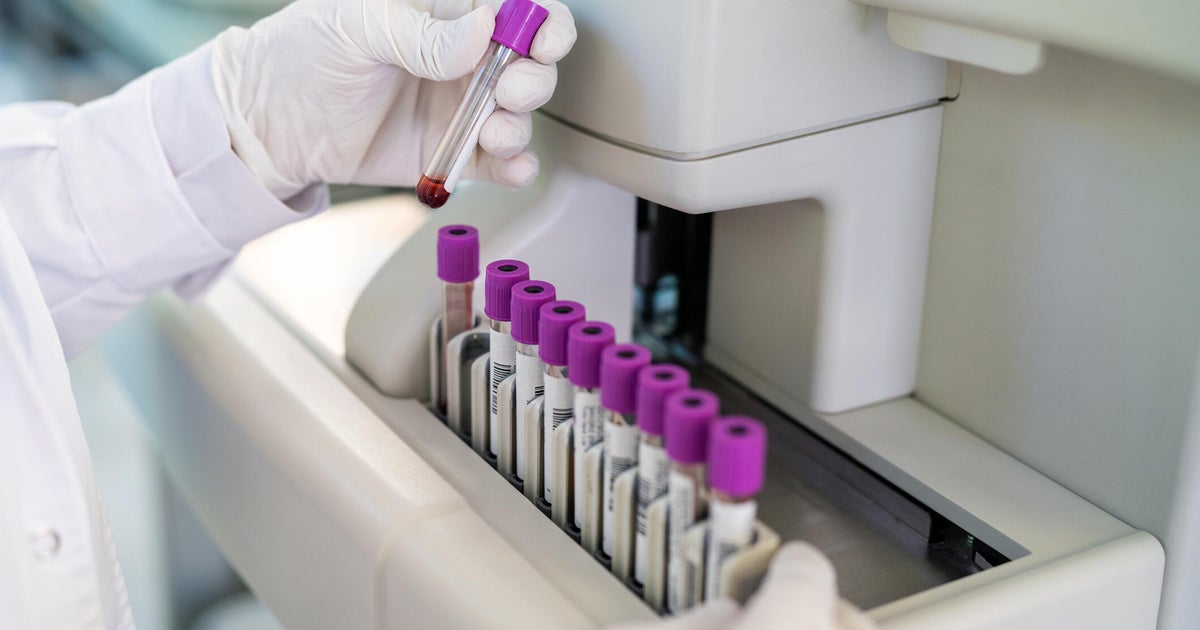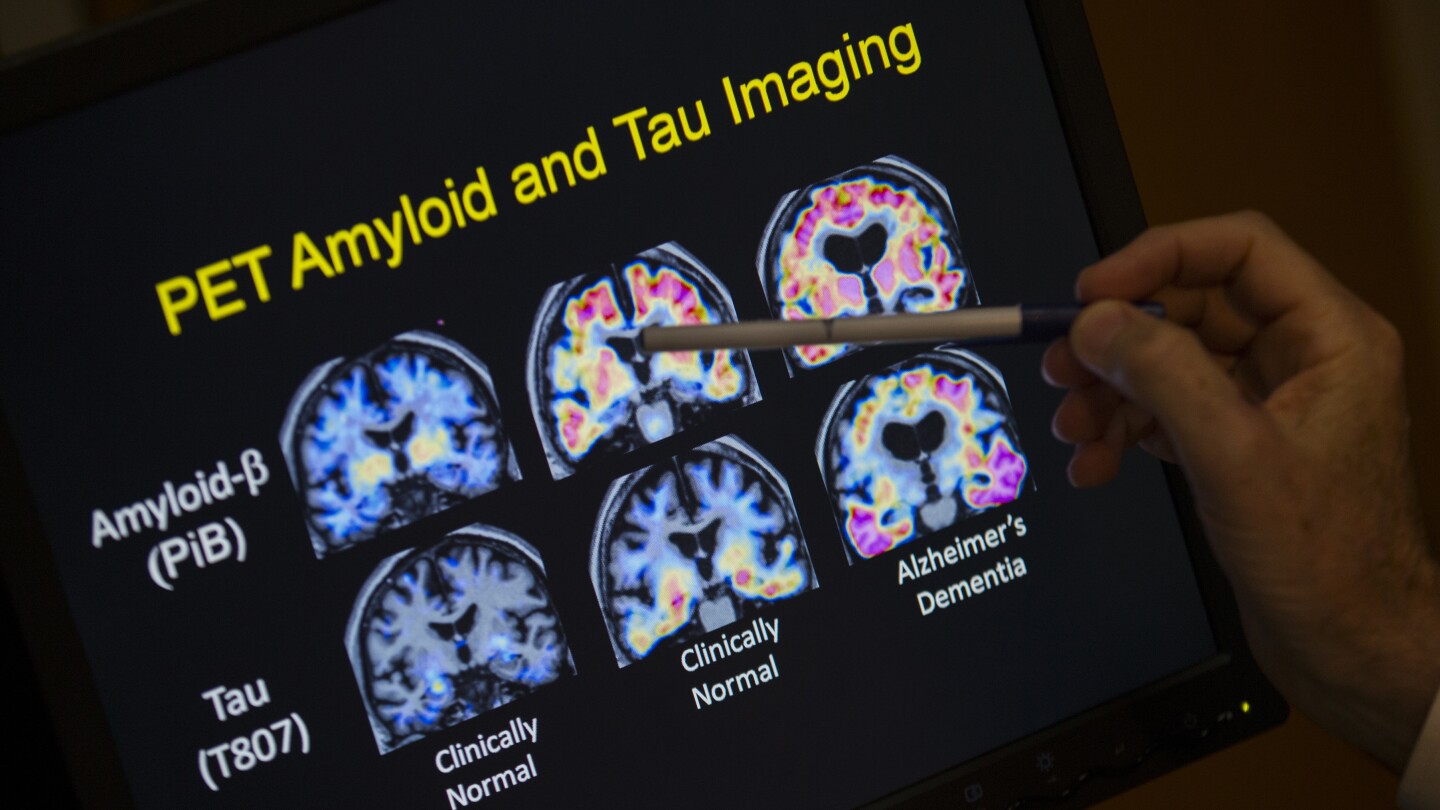The Food and Drug Administration has greenlit Japan-based test manufacturer Fujirebio to begin marketing its blood test for helping doctors diagnose Alzheimer’s disease in some patients, clearing the way for wider availability of the approach.
Fujirebio’s test works with the company’s Lumipulse equipment, which the company says is already “widely available in clinical laboratories” around the U.S. Fujirebio describes Lumipulse as a “fully automated” system that can run 120 tests an hour on blood and other samples.
The test works by measuring two kinds of proteins in the blood that are associated with whether the brain has built up amyloid plaques, which research has linked to Alzheimer’s disease.
“Today’s clearance is an important step for Alzheimer’s disease diagnosis, making it easier and potentially more accessible for U.S. patients earlier in the disease,” Dr. Michelle Tarver, director of the FDA’s Center for Devices and Radiological Health, said in a statement.
Not all people should take Fujirebio’s new test. The FDA says that it is “intended for patients presenting at a specialized care setting with signs and symptoms of cognitive decline” and is limited for adults ages 55 and older.
The agency says that Fujirebio submitted data from a study of 499 blood plasma samples of adults who had cognitive impairment, comparing the results from the blood test with the alternative ways that doctors can check for amyloid plaques building up in the head: brain scans and tests of spinal fluid.
In 91.7% of studied patients who tested positive in their blood, they also had amyloid plaques that showed up in a brain scan or a test of spinal fluid. The share of negative results that matched with these other tests was also high, at 97.3% of patients.
“We designed our Lumipulse G pTau 217/β-Amyloid 1-42 Plasma Ratio test to help physicians and patients with signs and symptoms of cognitive decline obtain an AD diagnosis much earlier when interventions are more effective,” Fujirebio said in a release last year, after it submitted its regulatory filing to the FDA for the test.
The FDA’s sign-off on marketing for Fujirebio’s test comes years after other blood tests for Alzheimer’s have already begun sales, without this kind of approval from the agency.
Experts have been wary about some previous blood tests for diagnosing Alzheimer’s, which were being sold under different regulations that govern tests that are created by individual laboratories doing high complexity testing.
Last year under the Biden administration, the agency had sought to crack down on these other “laboratory developed tests” being sold to diagnose Alzheimer’s and other health issues, which FDA officials argued should be subject to stricter federal oversight.
“The FDA’s approach was developed half a century ago when tests made and used in single labs were generally simple, often made to address local individual needs, and mostly manufactured in small volumes,” federal health officials said in January.
In defending the move, the FDA cited as an example a past submission from a test that failed to earn the agency’s marketing authorization for helping to diagnose Alzheimer’s, but was still able to be sold in the U.S. market by the laboratory.
“Many treatable conditions have symptoms similar to AD or another form of dementia. Without sufficient information to demonstrate adequate validation, a test’s performance is unknown, which may put patients at risk of harm due to inaccurate results,” the agency said.
A lawsuit backed by the American Clinical Laboratory Association successfully challenged the FDA’s new rule on the laboratory developed tests, persuading a federal judge in Texas earlier this year to toss out the regulation.
“This is a victory that protects patient access to critically needed testing services and removes burdensome regulations that would have undermined the clinical laboratory system in this country,” the group said after the ruling in March.







